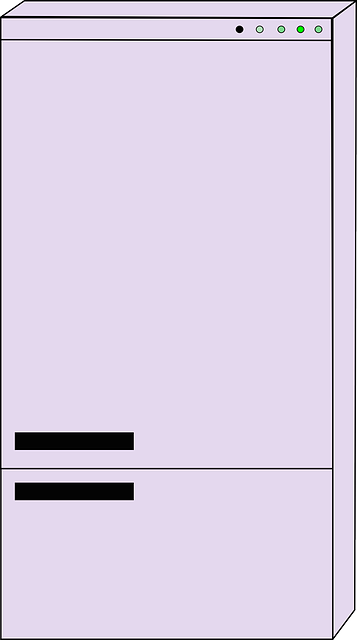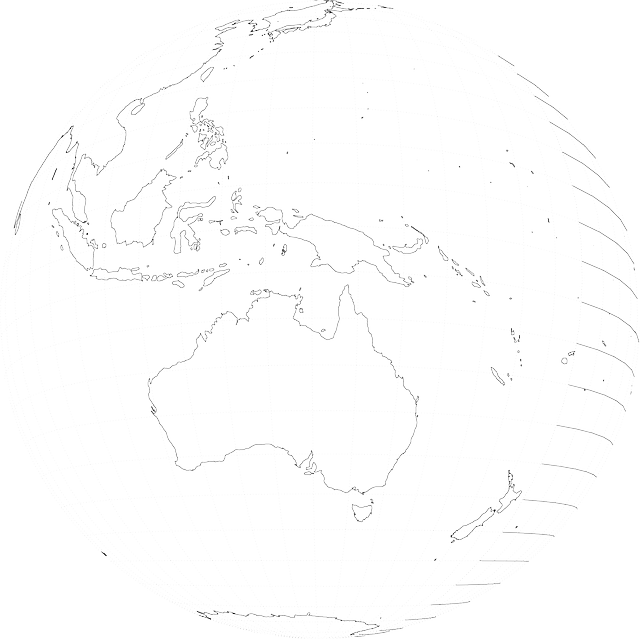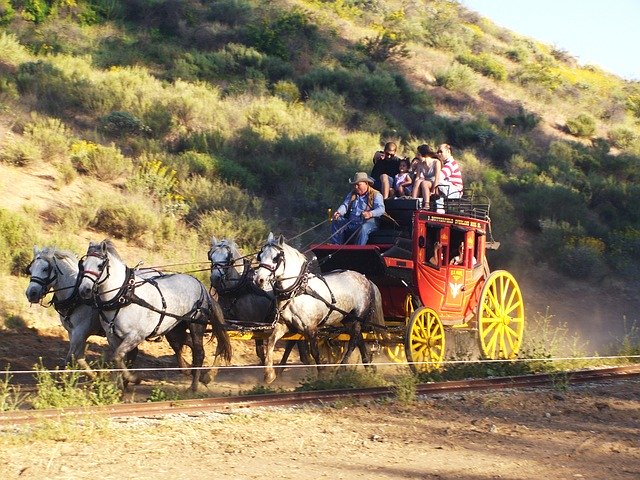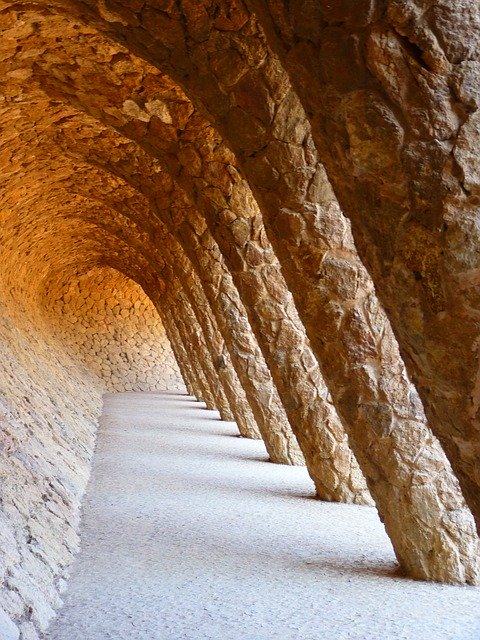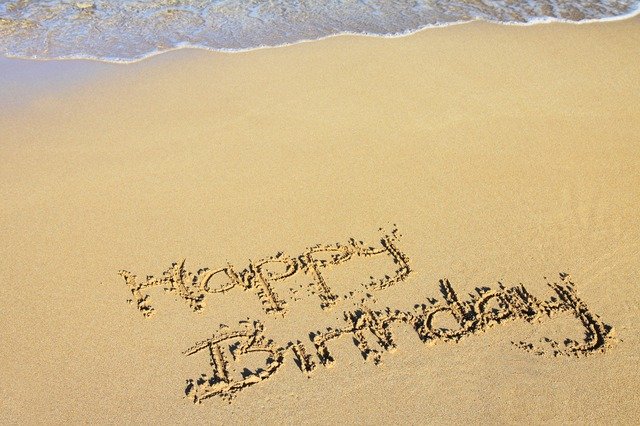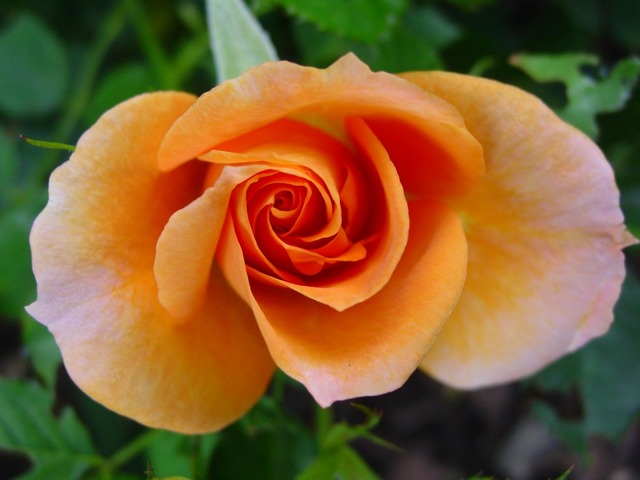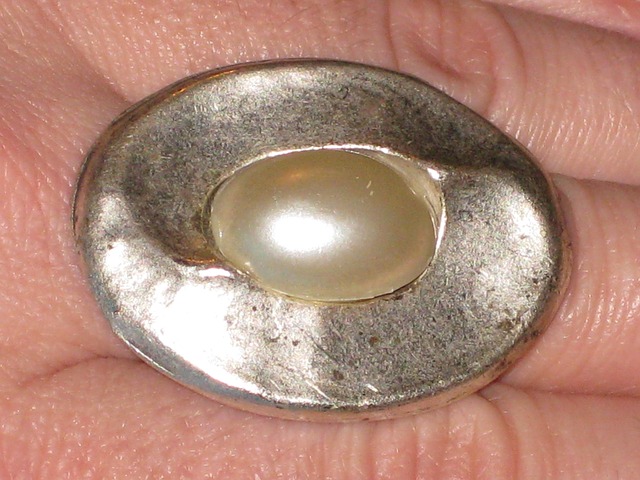داوگوانگ الامبراطور
| داوگوانگ الامبراطور Daoguang Emperor Doro Eldengge Han 道光帝 Төр Гэрэлт Хаан | |
|---|---|
| 8th Qing Emperor of China | |
| الحكم | 3 October 1820 – 25 February 1850 |
| سبقه | Jiaqing Emperor |
| تبعه | Xianfeng Emperor |
| الزوج |
Empress Xiaomucheng Empress Xiaoshencheng Empress Xiaoquancheng Empress Xiaojingcheng |
| الأنجال | Yiwei, Prince Yin Princess Duanmin Princess Duanshun Princess Shou'an Yikang, Prince Shun Princess Shouzang Yichi, Prince Hui Princess Shouyen Yizhu, Xianfeng Emperor Yicong, Prince Tun Yixin, Prince Gong Yixuan, Prince Chun Princess Shouxi Princess Shouzhuang Yihe, Prince Zhong Yihui, Prince Fu |
| الاسم الكامل | |
|
صينية: Aixin-Jueluo Mianning愛新覺羅綿寧, later Minning Manchu: Aisin-Gioro hala i Min-Ning | |
| الاسم بعد الوفاة | |
|
Emperor Xiàotiān Fúyùn Lìzhōng Tǐzhèng Zhìwén Shèngwǔ Zhìyǒng Réncí Jiǎnqín Xiàomǐn Kuāndìng Chéng 效天符運立中體正至文聖武智勇仁慈儉勤孝敏寬定成皇帝 | |
| اسم المعبد | |
|
Qing Xuānzōng 清宣宗 | |
| البيت الملكي | Aisin Gioro |
| الأب | Jiaqing Emperor |
| الأم | Empress Xiaoshurui |
| وُلِد |
16 سبتمبر 1782 Forbidden City, Beijing |
| توفي | 25 فبراير 1850 (عن عمر 67 عاماً) Old Summer Palace, Beijing |
| الدفن | Western Qing Tombs |
داوگوانگ الامبراطور (بالصينية: 道光帝; پنين: Dàoguāng Dì; ويد-جايلز: Tao4-kuang1 Ti4؛ مانچو: ᡩᠣᡵᠣ ᡝᠯᡩᡝᠩᡤᡝ, Doro Eldengge Hūwangdi; ᠲᠥᠷᠥ ᠭᠡᠷᠡᠯᠲᠦ، Төр Гэрэлт Хаан؛ بالإنگليزية: Daoguang Emperor؛ 16 سبتمبر 1782 – 25 فبراير 1850) كان ثامن أباطرة أسرة تشينگ من شعب المانچووسادس امبراطور تشينگ يحكم الصين، من 1820 حتى 1850. تميز عهده بـ"كارثة كارجية وتمرد داخلي"، وهما حرب الأفيون الأولى، وبداية تمرد تايپنگ الذي كاد يُسقط الأسرة الحاكمة. المؤرخ جوناثان سپنس يصف داوگوانگ الامبراطور بأنه "حسن الطوية ولكن غير كفء"، وكان يرقـِّي المسئولين الذين كانوا "يعرضون وجهات نظر نقية حتى لولم يكن لديهم ما يقولونه عن المشاكل المحلية والخارجية المحيطة بالدولة."
السنوات المبكرة
وُلِد داوگوانگ الامبراطور في المدينة المحرمة، بكين، وأعطي الاسم ميانننگ (الصينية المبسطة: 绵宁; الصينية التقليدية: 綿寧; پنين: Miánníng; ويد-جايلز: Mien-ning). ولاحقاً تغير إلى مينننگ (الصينية المبسطة: 旻宁; الصينية التقليدية: 旻寧; پنين: Mǐnníng; ويد-جايلز: Min-ning؛ مانچو: ᠮᡳᠨ ᠨᡳᠩ مين-ننگ) وحين أصبح امبراطوراً: الحرف الأول من اسمه الخاص تغير من ميان إلى مين لتحاشي الحرف الشائع نسبياً ميان. هذه البدعة اِستنها جده، الامبراطور چيانلونگ، الذي رأى أنه من غير المناسب حتى تستخدم حرفاً تستخدمه العامة في الاسم الخاص للإمبراطور، إنفاذاً للتقليد القديم حظر التسمية.
كان ميانننگ ثاني أبناء يونگيان، الابن الخامس عشر للامبراطور چيانلونگ. وبالرغم من أنه كان الابن الثاني ليونگيان، فقد كان الأول في طابور الخلافة على عرش أبيه حسب نظام ديشولأن أمه، السيدة هيتارا، كانت الزوجة الرئيسية ليونگيان بينما شقيقه الأكبر كانت أمه جارية يونگيان. وفي 1796، ارتقى يونگيان العرش بإسم الإمبراطور جياچينگ، وبعد ذلك جعل السيدة هيتارا عقيلته الإمبراطورة.
كان ميانننگ مفضلاً من جده، الامبراطور چيانلونگ. وكثيراً ما اصطحبه في رحلات صيد. وفي إحدى تلك الرحلات، في عمر التاسعة، نجح ميانننگ في صيد أيل، مما أثار إعجاب الامبراطور چيانلونگ بقوة. وفي 1813، بينما كان أميراً، لعب ميانننگ أيضاً دوراً محورياً في صد وقتل غزاة اللوتس البيضاء الذين اجتاحوا المدينة المحرمة. هذا العمل جعله يحصل، لاحقاً، على استحقاق العرش.
حكمه
تمرد خوجة في شينجيانگ
في سبتمبر 1820, at the age of 38, Mianning inherited the throne after the Jiaqing Emperor died suddenly of unknown causes. He became the first Qing emperor who was the eldest legitimate son of his father. Now known as the Daoguang Emperor, he inherited a declining empire with Westerners encroaching upon the borders of China. The Daoguang Emperor had been ruling for six years when the exiled heir to the Khojas, Jahangir Khoja, attacked Xinjiang from Kokand. By the end of 1826, the former Qing cities of Kashgar, Yarkand, Khotan, and Yangihissar had all fallen to the rebels. After a friend betrayed him in March 1827, Khoja was sent to Beijing in an iron litter and subsequently executed, while the Qing Empire regained control of their lost territory.
حرب الأفيون الأولى
During the Daoguang Emperor's reign, China experienced major problems with opium, which was imported into China by British merchants. Opium had started to trickle into China during the reign of the Yongzheng Emperor, but was limited to approximately 200 chests annually. By the time of the Qianlong era, this amount had increased to 1,000 chests, 4,000 chests by the Jiaqing era and more than 30,000 chests during the Daoguang era.
The Daoguang Emperor issued many imperial edicts banning opium in the 1820s and 1830s, which were carried out by Lin Zexu, whom he appointed as an Imperial Commissioner. Lin Zexu's efforts to halt the spread of opium in China led directly to the First Opium War. With the development of the First Opium War, Lin Zexu was made a scapegoat and the Daoguang Emperor removed Lin's authority and banished him to Yili. Meanwhile, in the Himalayas, the Sikh Empire attempted an occupation of Tibet but was defeated in the Sino-Sikh war (1841–1842). On the coasts, technologically and militarily inferior to the European powers, the Qing Empire lost the war and ceded Hong Kong to the British in the Treaty of Nanjing in August 1842.
مناهضة المسيحية
In 1811, a clause sentencing Europeans to death for spreading Catholicism had been added to the statute called "Prohibitions Concerning Sorcerers and Sorceresses" (禁止師巫邪術) in the Great Qing Code. Protestants hoped that the Qing government would discriminate between Protestantism and Catholicism, since the law mentioned the latter by name, but after Protestant missionaries gave Christian books to Chinese in 1835 and 1836, the Daoguang Emperor demanded to know who were the "traitorous natives" in Guangzhou who had supplied them with books.[]
وفاته وذكراه
The Daoguang Emperor died on 25 February 1850 at the Old Summer Palace, 8 km/5 miles northwest of Beijing. He was succeeded by his eldest surviving son, Yizhu, who was later enthroned as the Xianfeng Emperor. The Daoguang Emperor failed to understand the intention or determination of the Europeans, or the basic economics of a war on drugs. Although the Europeans were outnumbered and thousands of miles away from logistical support in their native countries, they could bring far superior firepower to bear at any point of contact along the Chinese coast. The Qing government was highly dependent on the continued flow of taxes from southern China via the Grand Canal, which the British expeditionary force easily cut off at Zhenjiang. The Daoguang Emperor ultimately had a poor understanding of the British and the industrial revolution that Britain and Western Europe had undergone, preferring to turn a blind eye to the rest of the world. It was said that the emperor did not even know where Britain was located in the world. His 30-year reign introduced the initial onslaught by Western imperialism and foreign invasions that would plague China, in one form or another, for the next one hundred years.
The Daoguang Emperor was interred in the Muling (慕陵; literally "Tomb of Longing" or "Tomb of Admiration") mausoleum, which is part of the Western Qing Tombs, 120 kilometers/75 miles southwest of Beijing.
On a side note, the Daoguang Emperor was the last Qing emperor to be able to choose an heir among his sons since his successors either had only one surviving son or had no offspring.
الأسرة
- الوالد: Jiaqing Emperor
- الوالدة: Empress Xiaoshurui
زوجاته
- Empress Xiaomucheng (d. 1808) of the Niohuru clan.
- Empress Xiaoshencheng (d. 1833) of the Tunggiya clan.
- Empress Xiaoquancheng (1808–1840) of the Niohuru clan.
- Empress Xiaojingcheng (1812–1855) of the Borjigit clan.
- Imperial Noble Consort Zhuangshun (d. 1867) of the Uya clan. She was the biological mother of Yixuan.
- Noble Consort Tong (彤貴妃) (d. 1877) of the Sumuru clan
- Noble Consort Jia (佳貴妃) (d. 1890) of the Gogiya clan
- Noble Consort Cheng (成貴妃) (d. 1888) of the Niohuru clan
- Consort He (d. 1836) of the Nara clan
- Consort Xiang (d. 1861) of the Niohuru clan
- Consort Chang (常妃) (d. 1860) of the Heseri clan. She died during the destruction of the Old Summer Palace in 1860.
- Imperial Concubine Zhen (珍嬪) of the Heseri clan. She was not interred in the Muling mausoleum for imperial concubines.
- Imperial Concubine Tian (恬嬪) (d. 1845) of the Fuca clan
- Imperial Concubine Yu (豫嬪) (1816–1898) of the Shanggiya clan
- Imperial Concubine Shun (順嬪) (d. 1868) of the Shiqi clan
- Imperial Concubine Heng (恆嬪) (d. 1876) of the Càigiya clan
- Worthy Lady Ping (平貴人) (d. 1823) née Zhao
- Worthy Lady Ting (定貴人) (d. 1842) née Sun
- Worthy Lady Li (李貴人) (d. 1872)
- Worthy Lady Na (那貴人) (d. 1865)
[]
أنجاله
أبناؤه
- First son: Yiwei (奕緯) (16 May 1808 – 23 May 1831), son of Consort He of the Nara clan
- Second son: Yikang (奕綱) (22 November 1826 –خمسة March 1827), son of Empress Xiaojingcheng
- Third son: Yichi (奕繼) (2 December 1829 – 22 January 1830), son of Empress Xiaojingcheng
- Fourth son: Yizhu (1831–1861), the Xianfeng Emperor, son of Empress Xiaoquancheng
- Fifth son: Yicong (23 July 1831 – 18 February 1889), Prince Dun, son of Consort Xiang
- Sixth son: Yixin (11 January 1833 – 29 May 1898), Prince Gong, son of Empress Xiaojingcheng
- Seventh son: Yixuan (16 October 1840 – 1 January 1891), Prince Chun, father of the Guangxu Emperor and paternal grandfather of Puyi
- Eight son: Yihe (奕詥) (21 February 1844 – 17 December 1868), son of Imperial Noble Consort Zhuangshun
- Ninth son: Yihui (奕譓) (1845–1877), son of Imperial Noble Consort Zhuangshun
بناته
- First daughter: Gulun Princess Duanmin (端憫固倫公主) (1813–1819), daughter of Empress Xiaoshencheng
- Second daughter: Name unknown (d. 1825), daughter of Consort Xiang
- Third daughter: Gulun Princess Duanshun (端順固倫公主) (1825–1835), daughter of Empress Xiaoquancheng
- Fourth daughter: Gulun Princess Shou'an (壽安固倫公主) (1826–1860), daughter of Empress Xiaoquancheng
- Fifth daughter: Heshuo Princess Shouzang (壽臧和碩公主) (1829–1856), daughter of Consort Xiang
- Sixth daughter: Gulun Princess Shou'en (壽恩固倫公主) (1830–1859), daughter of Empress Xiaojingcheng
- Seventh daughter: Name unknown (1840–1844), daughter of Noble Consort Tong
- Eight daughter: Heshuo Princess Shouxi (壽禧和碩公主) (1841–1866), daughter of Noble Consort Tong
- Ninth daughter: Gulun Princess Shouzhuang (壽莊固倫公主) (1842–1884), daughter of Imperial Noble Consort Zhuangshun
- Tenth daughter: Name unknown (1844–1845), daughter of Noble Consort Tong
الهامش
- ^ Spence 1990, p. 149, 166.
- ^ Millward 1998, p. 34.
- ^ "Zhuozhou Celebrity — Lu Kun (涿州名人-卢坤)". Xinhua. 15 Jun 2012. Retrieved February 21, 2014. (صينية)
- ^ Rahul 2000, p. 98.
- ^ Maclay 1861, p. 336–337.
- ^ Maclay 1861.
- ^ Draft history of the Qing dynasty. 《清史稿》卷二百十四.列傳一.后妃傳.
- ببليوگرافيا
- Maclay, Robert Samuel (1861). . New York: Carlton & Porter.
- Millward, James A. (1998). . Stanford University Press. ISBN .
- Rahul, Ram (2000). . Indus Publishing Company. ISBN .
- Spence, Jonathan D. (1990). The Search for Modern China. Norton. ISBN .
للاستزادة
| مشاع الفهم فيه ميديا متعلقة بموضوع Daoguang Emperor. |
- Jane Kate Leonard. Controlling from Afar: The Daoguang Emperor's Management of the Grand Canal Crisis, 1824-1826. Michigan Monographs in Chinese Studies. Ann Arbor: Center for Chinese Studies, University of Michigan, 1996. ISBN 0892641142. Shows the Daoguang Emperor in a competent and effective mode when dealing with a crisis early in his reign.
- Pierre-Etienne Will, "Views of the Realm in Crisis: Testimonies on Imperial Audiences in the Nineteenth Century." Late Imperial China 29, no. 1S (2008): 125-59. JSTOR Link. Uses transcripts of imperial audiences to present Daoguang as more a victim of circumstances than the bumbling administrator in many accounts.
- Karl Gutzlaff, . London, Smith, Elder & Co. 1852.. The only biography of the Daoguang Emperor; written by a missionary and contemporary.
- Evelyn S. Rawski, The Last Emperors: A Social History of Qing Imperial Institutions (Berkeley: University of Californian Press, 2001) ISBN 0-520-22837-5.
- Daily life in the Forbidden City, Wan Yi, Wang Shuqing, Lu Yanzhen. ISBN 0-670-81164-5.
- 《清史稿》 (Qingshi Kao) Draft history of the Qing dynasty.
السلف
| سلف داوگوانگ الامبراطور | ||||||||||||||||||||||||||||||||||||||||||||||||||||||||||||||||||||||||||||||||||||||||||||||||||||||||||||||||||||||||||||||||||||||||||||||||||||||||||||||||||||||||||||||||||||||||||||||||||||||||||||||||||||||||||||||||||||||||||||||||||||||||||||||||||||||||||||||||||||||||||||||||||||||||||||||||||||||||||||||||||||||||||||||||||||||||||||||||||||||||||||||||||||||||||||||||||||||||||||||||||||||||||||||||||||||||||||||||||||||||||||||||||||||||||||||||||||||||||||||||||||||||||||||||||||||||||||||||||
|---|---|---|---|---|---|---|---|---|---|---|---|---|---|---|---|---|---|---|---|---|---|---|---|---|---|---|---|---|---|---|---|---|---|---|---|---|---|---|---|---|---|---|---|---|---|---|---|---|---|---|---|---|---|---|---|---|---|---|---|---|---|---|---|---|---|---|---|---|---|---|---|---|---|---|---|---|---|---|---|---|---|---|---|---|---|---|---|---|---|---|---|---|---|---|---|---|---|---|---|---|---|---|---|---|---|---|---|---|---|---|---|---|---|---|---|---|---|---|---|---|---|---|---|---|---|---|---|---|---|---|---|---|---|---|---|---|---|---|---|---|---|---|---|---|---|---|---|---|---|---|---|---|---|---|---|---|---|---|---|---|---|---|---|---|---|---|---|---|---|---|---|---|---|---|---|---|---|---|---|---|---|---|---|---|---|---|---|---|---|---|---|---|---|---|---|---|---|---|---|---|---|---|---|---|---|---|---|---|---|---|---|---|---|---|---|---|---|---|---|---|---|---|---|---|---|---|---|---|---|---|---|---|---|---|---|---|---|---|---|---|---|---|---|---|---|---|---|---|---|---|---|---|---|---|---|---|---|---|---|---|---|---|---|---|---|---|---|---|---|---|---|---|---|---|---|---|---|---|---|---|---|---|---|---|---|---|---|---|---|---|---|---|---|---|---|---|---|---|---|---|---|---|---|---|---|---|---|---|---|---|---|---|---|---|---|---|---|---|---|---|---|---|---|---|---|---|---|---|---|---|---|---|---|---|---|---|---|---|---|---|---|---|---|---|---|---|---|---|---|---|---|---|---|---|---|---|---|---|---|---|---|---|---|---|---|---|---|---|---|---|---|---|---|---|---|---|---|---|---|---|---|---|---|---|---|---|---|---|---|---|---|---|---|---|---|---|---|---|---|---|---|---|---|---|---|---|---|---|---|---|---|---|---|---|---|---|---|---|---|---|---|---|---|---|---|---|---|---|---|---|---|---|---|---|---|---|---|---|---|---|---|---|---|---|---|---|---|---|---|---|---|---|---|---|---|---|---|---|---|---|---|---|---|---|---|---|---|---|---|---|---|---|---|---|---|---|---|---|---|---|---|---|---|---|---|---|---|---|---|---|---|---|---|---|---|---|---|---|---|---|---|---|---|---|---|---|---|---|---|---|---|---|---|---|
| ||||||||||||||||||||||||||||||||||||||||||||||||||||||||||||||||||||||||||||||||||||||||||||||||||||||||||||||||||||||||||||||||||||||||||||||||||||||||||||||||||||||||||||||||||||||||||||||||||||||||||||||||||||||||||||||||||||||||||||||||||||||||||||||||||||||||||||||||||||||||||||||||||||||||||||||||||||||||||||||||||||||||||||||||||||||||||||||||||||||||||||||||||||||||||||||||||||||||||||||||||||||||||||||||||||||||||||||||||||||||||||||||||||||||||||||||||||||||||||||||||||||||||||||||||||||||||||||||||
|
داوگوانگ الامبراطور
بيت آيشن-جيورو
وُلِد: 16 سبتمبر 1782 توفي: 25 فبراير 1850
| ||
| ألقاب ملكية | ||
|---|---|---|
| سبقه الإمبراطور جياچينگ |
امبراطور الصين 1820–1850 |
تبعه الامبراطور شيانفنگ |



